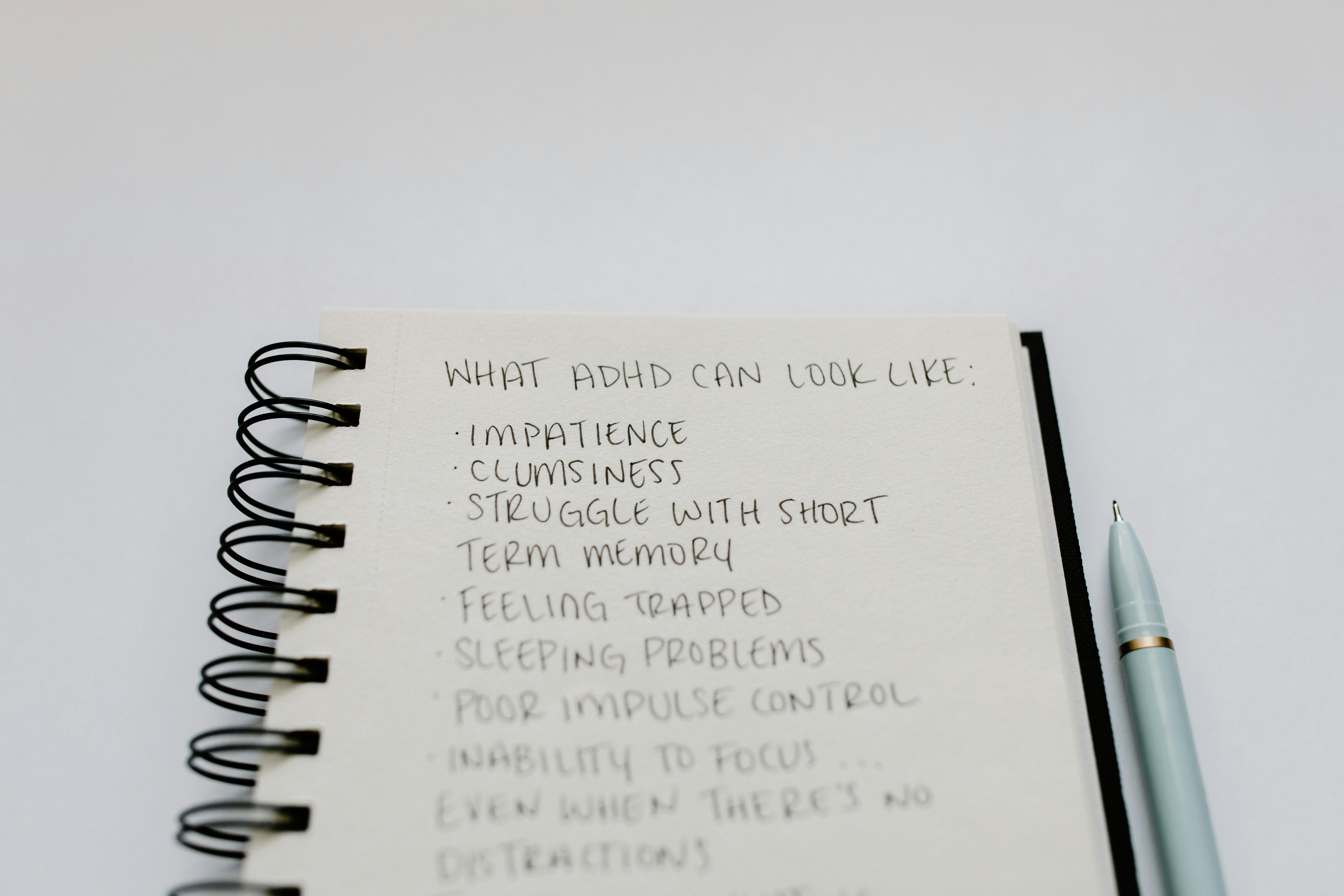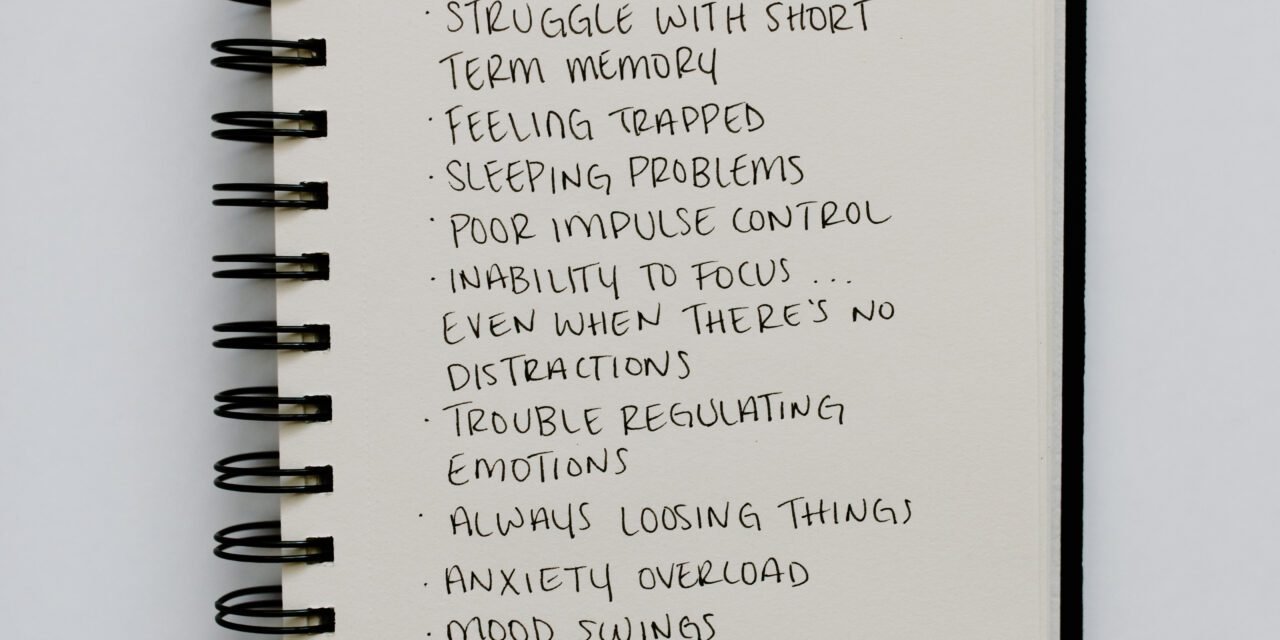Writing a book about mental health can be a rewarding and enlightening experience. It can provide readers with valuable insight into the ways in which mental health affects individuals, families, and communities. By sharing your own experiences and research, you can help to create a better understanding of this important issue.
The following tips will help you to write an effective book about mental health:
- Choose a subject that is relevant and timely
- Conduct thorough research on the subject
- Gather personal stories from individuals affected by mental health issues
- Organize your material into logical chapters
- Write clearly and concisely
- Edit your work carefully
By taking the time to craft a well-written book about mental health, you will be helping to spread awareness and understanding of this important issue.Mental health refers to a person’s emotional, psychological and social well-being. It encompasses our ability to cope with the ordinary stresses of life, work productively and make meaningful contributions to our communities.
Mental health is important throughout all stages of life, from childhood and adolescence through adulthood. Mental health difficulties can affect anyone, regardless of age, ethnicity or gender. Factors such as genetics, medical history and family dynamics can all influence a person’s mental health. It is also important to recognize that mental illnesses can be caused by environmental stressors, such as poverty or trauma.
It is essential to take care of our mental health in order to achieve overall wellbeing. This includes engaging in activities that promote positive thinking, such as exercise or relaxation techniques. Additionally, maintaining healthy relationships with friends and family can help foster positive mental health. Seeking help from a qualified mental health professional can also be beneficial for those experiencing difficulties related to their mental health.
Contents
- 1 Causes of Mental Illness
- 2 Signs and Symptoms of Mental Illness
- 3 Different Types of Mental Health Treatments
- 4 The Benefits of Seeking Help for Mental Health Issues
- 5 How to Find a Therapist or Counselor for Mental Health Issues
- 6 Creating a Support System for Mental Health Issues
- 7 Coping with Stress and Anxiety Related to Mental Health Issues
- 8 Conclusion
Causes of Mental Illness
Mental illness can be caused by a variety of factors, both biological and environmental. Biological factors like genetics, brain chemistry, and hormones can play a role in mental illness. Additionally, certain life events such as trauma or abuse may increase the risk of developing a mental illness.
Genetics can contribute to the likelihood of developing a mental disorder. Certain mental illnesses, such as schizophrenia and bipolar disorder, appear to run in families. Studies have shown that the risk for these disorders is higher in those who have close relatives with them.
Brain chemistry can also influence whether someone develops a mental disorder. The brain is made up of neurotransmitters, which are chemicals that help send messages between nerve cells in the brain. Imbalances in these chemicals can lead to depressive or anxiety disorders.
Hormones may also contribute to mental illness. When hormone levels are out of balance this can interfere with how the body functions and may trigger symptoms of depression or anxiety. Hormones are natural body chemicals that regulate sleep patterns, moods, and other functions.
Environmental factors such as trauma or abuse can increase the risk for certain mental illnesses. People who experienced traumatic events such as physical or sexual abuse are more likely to develop post-traumatic stress disorder (PTSD). Other stressful life events such as divorce or job loss may lead to depression or anxiety disorders.
Signs and Symptoms of Mental Illness
Mental illness is a broad term that covers a wide range of disorders and conditions. It can affect any person regardless of age, gender, race, or ethnicity. Symptoms vary from person to person, but can include changes in mood, thoughts, behavior, and even physical health. Common signs and symptoms of mental illness include:
- Changes in mood – such as feeling sad or anxious for an extended period of time
- Feeling hopeless or helpless
- Sudden and drastic changes in behavior
- Withdrawal from friends and activities
- Difficulty concentrating or making decisions
- Excessive worries or fears
- Racing thoughts or persistent negative thoughts
It is important to remember that these symptoms can vary from one individual to another. Some people may experience only one symptom while others may experience multiple symptoms at the same time. If you are concerned that you or someone you know may be experiencing mental health issues, it is important to seek professional help as soon as possible. A qualified mental health professional can help diagnose and treat mental illnesses effectively.
Different Types of Mental Health Treatments
Mental health treatments vary depending on the individual and their specific needs. Some people may require more intensive forms of therapy, while others may benefit from less intense treatments. Treatment plans are tailored to each person’s individual needs and can include a combination of different types of therapies. Common types of mental health treatments include:
- Psychotherapy: Psychotherapy is a type of talk therapy that helps individuals explore their thoughts, feelings, and behaviors in order to gain insights into their mental health issues. It can help individuals identify and work through underlying issues that are contributing to their mental health problems.
- Medication: Medication is often used in conjunction with psychotherapy to treat certain mental health conditions. There are various types of medications available that can help manage symptoms such as anxiety, depression, or psychosis.
- Cognitive Behavioral Therapy (CBT): CBT is a type of psychotherapy that focuses on helping individuals recognize and change negative thought patterns and behaviors. It can help individuals develop healthier coping mechanisms for dealing with stress.
- Group Therapy: Group therapy involves multiple people discussing their shared experiences with a trained therapist. It can be beneficial for those who feel isolated or disconnected from others due to their mental health issues.
- Dialectical Behavior Therapy (DBT): DBT is a type of psychotherapy that combines cognitive behavioral therapy with other therapeutic techniques. It focuses on helping individuals develop healthier coping skills for managing difficult emotions and improving relationships.
In addition to the above therapies, some people may also find it helpful to participate in alternative treatments such as yoga, meditation, art therapy, music therapy, or nature-based activities. These treatments can help reduce anxiety and improve the overall quality of life for those living with mental illness. Ultimately, finding the right treatment plan for each individual will depend on many factors including diagnosis, severity of symptoms, personal preference, and access to resources.
The Benefits of Seeking Help for Mental Health Issues
Mental health issues can affect anyone, regardless of age, gender, or other factors. It is important to recognize the signs and seek help when needed. Seeking help for mental health issues can provide a number of benefits to individuals and their families.
One benefit of seeking help for mental health issues is that it can help individuals learn how to manage their symptoms. With the right treatment plan, individuals can gain skills and strategies to cope with their mental health issues in a healthy and productive way. This can make it easier for them to function in daily life and reach their goals.
Another benefit of seeking help for mental health issues is that it can reduce stress levels. Stress has been linked to a number of physical and mental health problems, so reducing stress levels through therapy or medication can be beneficial. In addition, seeking help can provide support from professionals who understand what an individual is going through and how best to help them.
Finally, seeking help for mental health issues can improve relationships with family members and friends. Mental health issues often negatively impact relationships because of misunderstandings or difficulty communicating feelings or needs. With professional guidance, individuals can learn how to communicate better with loved ones, which may lead to stronger relationships overall.
In conclusion, seeking help for mental health issues has numerous benefits. It can enable individuals to gain skills and strategies to manage symptoms, reduce stress levels, and improve relationships with family members and friends. Therefore, it is important to recognize the signs of mental illness early on in order to access the right kind of support.

How to Find a Therapist or Counselor for Mental Health Issues
Finding the right therapist or counselor for mental health issues can be a daunting task. It’s important to consider several factors before making a decision, such as the therapist’s qualifications and experience, their approach to therapy, and whether they are covered by your insurance provider. Taking the time to research different professionals and find the one that best fits your needs is essential for achieving and maintaining good mental health.
The first step in choosing a therapist is determining what type of professional you need. There are many different types of practitioners who specialize in treating mental health issues, including psychiatrists, psychologists, licensed clinical social workers, marriage and family therapists, and pastoral counselors. Consider what kind of help you need before making your decision.
Once you have identified the type of therapist you need, it’s important to research their qualifications and experience. Most therapists will have an online profile with information about their background and credentials. Additionally, many therapists will list their areas of expertise on their website or profile page so that potential clients can see if they have experience in treating the specific issues they are dealing with.
Another factor to consider when selecting a therapist is their approach to therapy. Different types of practitioners use different methods to treat mental health issues. It’s important to do some research on each type of practitioner before deciding which one is right for you. Additionally, ask potential therapists about their approach during an initial consultation or interview so that you can get a better idea of how they work with clients.
Finally, make sure that the therapist you choose is covered by your insurance provider if cost is a factor for you. Many insurance providers will cover certain types of mental health services so it’s important to check with them beforehand to make sure that your chosen therapist is covered under your plan.
Finding the right therapist or counselor for mental health issues can be challenging but taking the time to do some research and ask questions will help ensure that you find someone who is well-qualified and experienced in treating your specific needs.
Creating a Support System for Mental Health Issues
Having a strong support system is essential for anyone struggling with mental health issues. A support system can help provide comfort, encouragement, and understanding during difficult times. It can also be a source of strength and guidance when making decisions about treatment or lifestyle changes. Here are some tips for creating a support system to help you manage mental health issues:
Find People Who Understand
The most important part of a support system is finding people who genuinely understand what you’re going through. This could be family members, friends, or even online communities and groups. Look for people who have gone through similar experiences and can lend an understanding ear.
Connect with Mental Health Professionals
It’s also important to have access to mental health professionals who can provide professional advice and resources when needed. This may include therapists, psychiatrists, psychologists, social workers, or counselors. Connecting with these professionals can give you additional support when facing difficult challenges related to your mental health.
Develop Coping Skills
In addition to having supportive people in your life, it’s important to develop healthy coping skills that can help you manage your mental health issues. This could involve relaxation techniques such as deep breathing or mindfulness meditation; engaging in activities like physical exercise or creative arts; and setting boundaries for yourself in order to protect your emotional well-being.
Creating a strong support system is vital for managing mental health issues. By finding people who understand what you’re going through, connecting with mental health professionals, and developing healthy coping skills, you can build a network of support that will help you face any challenge that comes your way.
Coping with Stress and Anxiety Related to Mental Health Issues
Mental health issues can be stressful and anxiety-provoking. When faced with such challenges, it is important to find healthy ways to cope with the stress and anxiety. It can be helpful to understand the underlying causes of mental health issues, as this can help you develop strategies that are tailored to your individual needs. Here are some tips for managing stress and anxiety related to mental health issues:
Practice Self-Care: One of the most important steps for managing stress and anxiety related to mental health issues is taking care of yourself. This may include activities such as getting enough sleep, eating a balanced diet, engaging in regular physical activity, and taking time for relaxation. Additionally, it can be helpful to practice mindfulness techniques such as meditation or deep breathing.
Talk About It: Another helpful strategy is talking about your experiences with someone you trust. This could be a family member or friend, a mental health professional, or even an online support group. It is important to find people who will listen without judgment and provide support when needed.
Create Healthy Routines: Having a routine can help provide structure and stability in times of distress. Creating regular habits such as getting up at the same time each day, eating meals at consistent times, doing exercise regularly, or having set times for work or school may help reduce feelings of stress and increase feelings of control over one’s life.
Reduce Unhealthy Habits: It is also important to reduce unhealthy habits that may exacerbate stress and anxiety. These could include drinking too much alcohol or caffeine, smoking cigarettes, using drugs, skipping meals or not getting enough sleep. Reducing these habits can help improve overall physical and mental wellbeing.
Seek Professional Help: When faced with significant levels of stress or anxiety related to mental health issues, it may be beneficial to seek professional help from a therapist or other healthcare provider. A therapist can work with you on developing strategies tailored specifically for your needs that may reduce distress and increase coping skills.
By understanding the underlying causes of mental health issues and developing healthy coping strategies for reducing stress and anxiety levels related to them, it is possible to lead a happier and healthier life despite these challenges.

Conclusion
Writing a book about mental health is not an easy task; it requires a great deal of understanding of the subject and the ability to communicate effectively with readers. However, with a clear understanding of the challenges and opportunities associated with this subject, along with careful planning and execution, it is possible to write a book that can have a positive impact on those affected by mental health issues.
When writing such a book, it is important to remember that there are many different perspectives on mental health and its treatment. As such, it is important to present these views in an impartial manner while also providing evidence-based solutions or strategies for overcoming challenges related to mental health. Additionally, it is important to ensure that the book provides readers with accurate information and resources so they can make informed decisions about their mental health care.
In conclusion, writing a book about mental health requires careful consideration and thoughtful execution. With the right approach, however, it is possible to create a valuable resource that can provide support and guidance for those affected by mental health issues.





